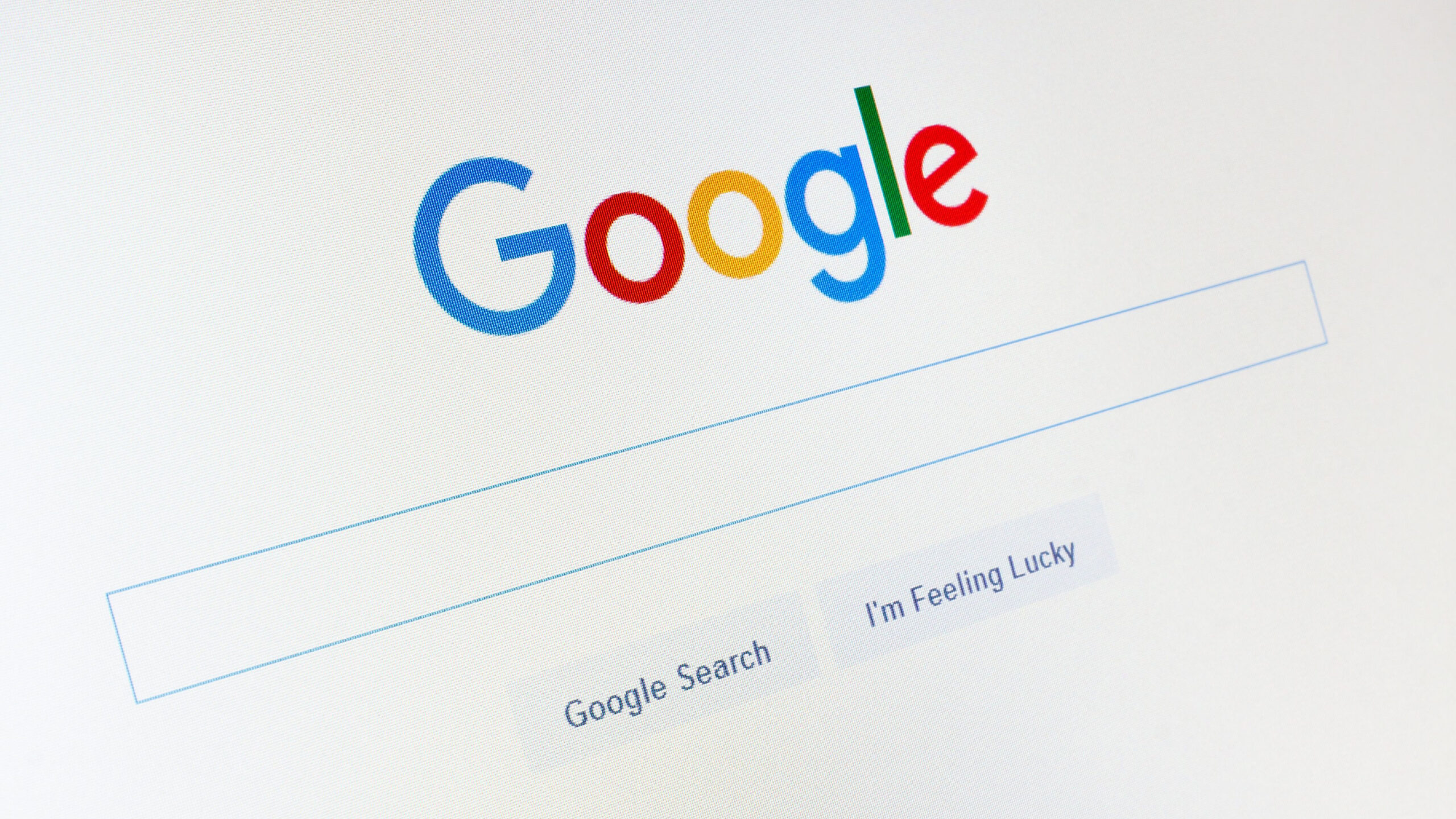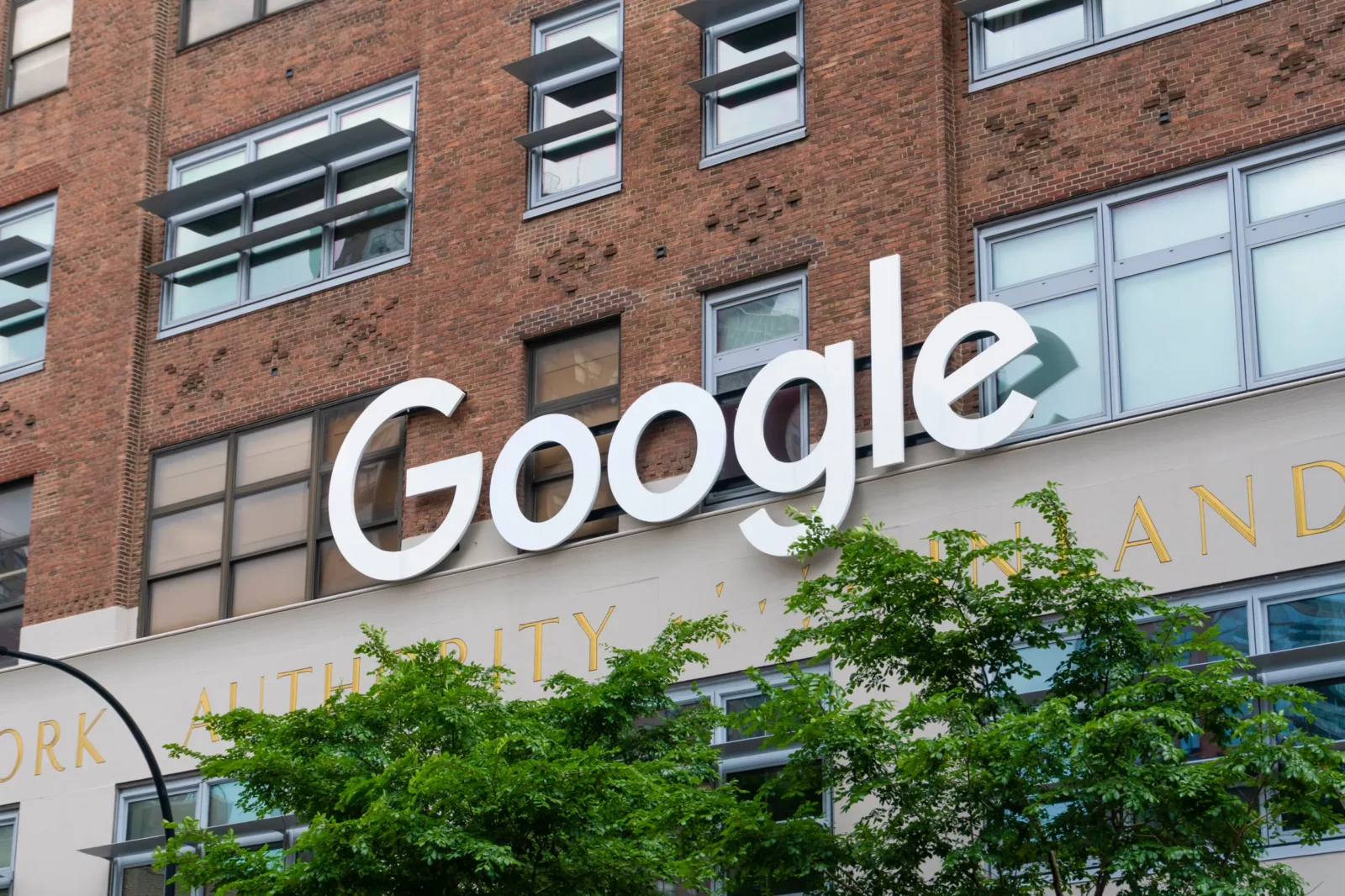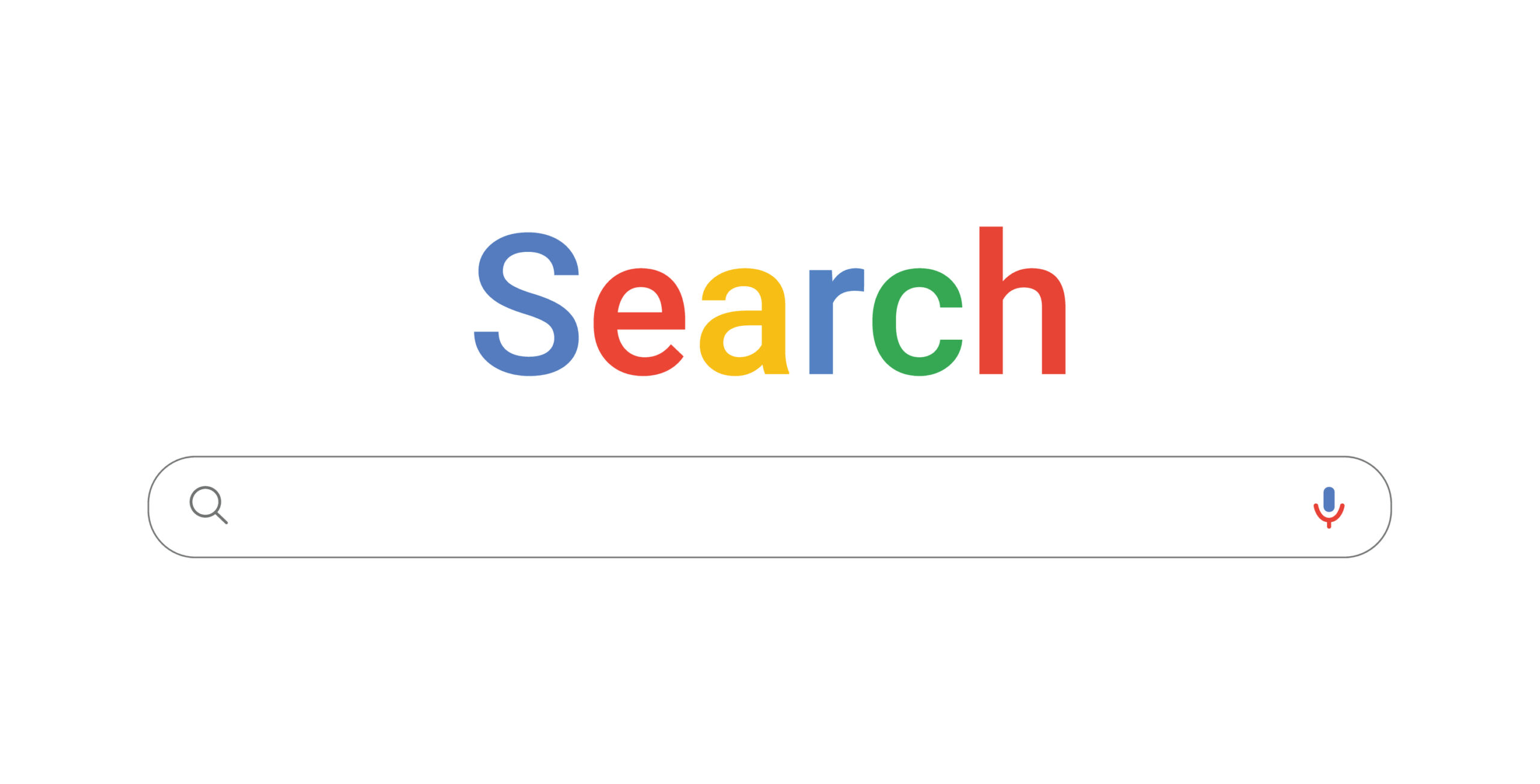The Digital Search Playing Field Is Larger Than the DoJ Believes

There is no doubt that Google is the most popular search engine with many Internet users. The company’s name is even in the Merriam-Webster Dictionary as a verb. However, disregarding that Google Search’s well-earned popularity could be due to its innovative service, the Department of Justice (DoJ) believes Google’s success is due to the company’s alleged monopoly and anticompetitive behavior in the search and ad-search markets.
In its antitrust case against Google, the DoJ is claiming that the tech company blocks competition in the digital search sector and prevents competitors from attracting new users and entering the market. However, what the DoJ fails to see in its lawsuit is that digital search has evolved to encompass more than traditional search engines.
The definition of a relevant market is a cornerstone of antitrust law. Cases can be won or lost on this point. A clear and comprehensive market definition is fundamental to determine if Google has the alleged monopoly power the DoJ claims they do. However, in this case, the DoJ has provided a narrow, inaccurate, and antiquated market definition, tailored to their needs, by limiting the market to traditional search engines. This demonstrates a lack of understanding of how the digital search ecosystem works.
If you narrow a market definition enough, anyone and anything has a monopoly. Does Five Guys only compete against other fast food burger chains? What about fast food restaurants with different cuisines? Or even restaurants in general?
As DisCo noted in an earlier post discussing this case, the digital search market is more complicated than it appears at first glance. There are many specialized services that help people find information, and traditional search engines are just the tip of the iceberg. In his opening argument on the first day of the trial, John Schmidtlein, the lead lawyer for Google, noted that the company competes with a range of services when people look for information. Broad search engines, despite what the DoJ might believe, are not the only competitors Google faces in the search market.
Consumers do not solely use search engines to look for what they want or need online. We’re increasingly seeing people turning to voice assistants, artificial intelligence (AI), or vertical products like apps for getting particular information. When was the last time you wanted to buy a piece of furniture and went to Google or Bing instead of Ikea or Wayfair? Want a restaurant reservation? Most consumers prefer to go directly to OpenTable, Yelp, or even TikTok to look for restaurants. The same can be said for food delivery with DoorDash or Grubhub, travel options with TripAdvisor, Booking.com, Hotels.com or Expedia, and job offers with LinkedIn, Indeed, or Jobcase. The examples exist in almost every industry.
Today, consumers may not be searching on a search engine, but on a particular application or service. For example, almost 40% of Gen Z consumers use TikTok to search for information online. Despite what the DoJ might believe, traditional search engines are clearly not the only competitors Google faces in the search market.
In addition to the competition Google Search faces, more importantly, Google does not block competitors from reaching new users. As consumers themselves have noted, Google Search might be the default search engine on certain devices, but this does not mean that consumers cannot change to another search engine. In fact, it’s quite easy to do so.
When searching online, the end goal of consumers is not merely to find pieces of information but act on them through any of the range of services available to best suit their needs. Other digital platforms, although not search engines at their core, also provide digital search services that compete with Google. However, in its narrow definition of the relevant market, the DoJ would exclude these companies and leave just broad search engines like DuckDuckGo and Bing as Google’s competitors.
By only considering search engines as part of the relevant market, the DoJ is tailoring the market definition to fit their theories. The DoJ should construct their theories of harm around the complete and modern picture of this market rather than attempting to construct a gerrymandered market definition to suit their theories.
Instead of protecting competition, this only protects competitors from competition. Antitrust laws should promote competition. However, this case could achieve the opposite, making it another instance of ‘swampetition’.








